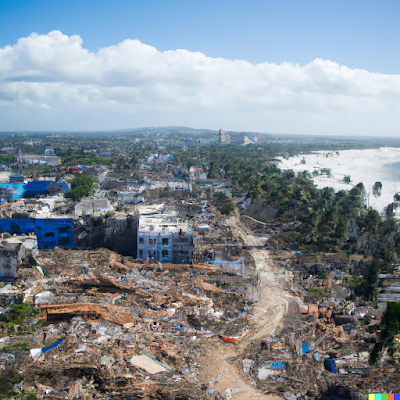Disaster, participation and cocaine

Recently I’ve assisted to a workshop on Disaster Management. In particular, it was a public review of the National Disaster Management Plan in Rwanda. The document, drafted by South African consultants, was done in close collaboration with the National Police. The National Police is the institution responsible of management in case of disaster. The funds for this project, as in many other countries, came from UNDP and UNHCR.
I found it very curious that in an Emergency-related issue, no Red Cross organization was involved –national or international.
During the workshop the document was not available until the last minute, in one copy per group of 10 participants. In my group, one ex-military (or just a military’s friend) decided he had to take the file for himself and leave the room and not come back.
Despite the inconveniences, some suggestions were made to the consultants, while their faces showed (at least to me) some hidden laughter. I thought the same about the Police chiefs leading the event. Actually, when asked about the copies they replied that it was responsibility of the Police. When I asked the Police they replied with the common Rwandan “it is coming”.
In the extremely brief look at the document, I went through info about earthquakes, landslides, volcanic activity, and flood and so on –all potential concerns of Rwanda nationals. But in the meanwhile I am thinking about socio-political disasters, like the one that happened 15 years ago. These kinds of disasters are on a different level, but are still potential ones. That is the reason why students for National University have to go through a “Reunification training camp”. The politicians –starting from the President– take on speeches that refer to it as a latent thread.

It was interesting too while reading today about the registered cases of drug-dealing flights going over Dominican Republic. The images made me think of it as a disaster –a hidden one harming more than recent hurricanes.

Every Easter thousands of volunteers support the safety of our citizens, under the umbrella of the National Commission for Emergencies. Would they go on the streets to protect us against drug showers? Maybe better than super-tucanos aircrafts.
It is just a thought… would not like to sink in cocaine.


Comentarios
remember we read your publications all over the world.
UNDP = United Nations Development Program = PNUD (en espanol)